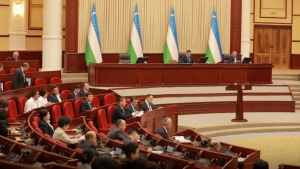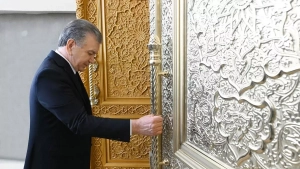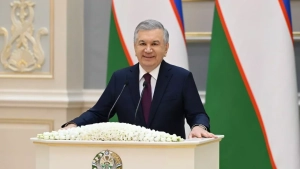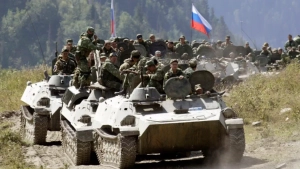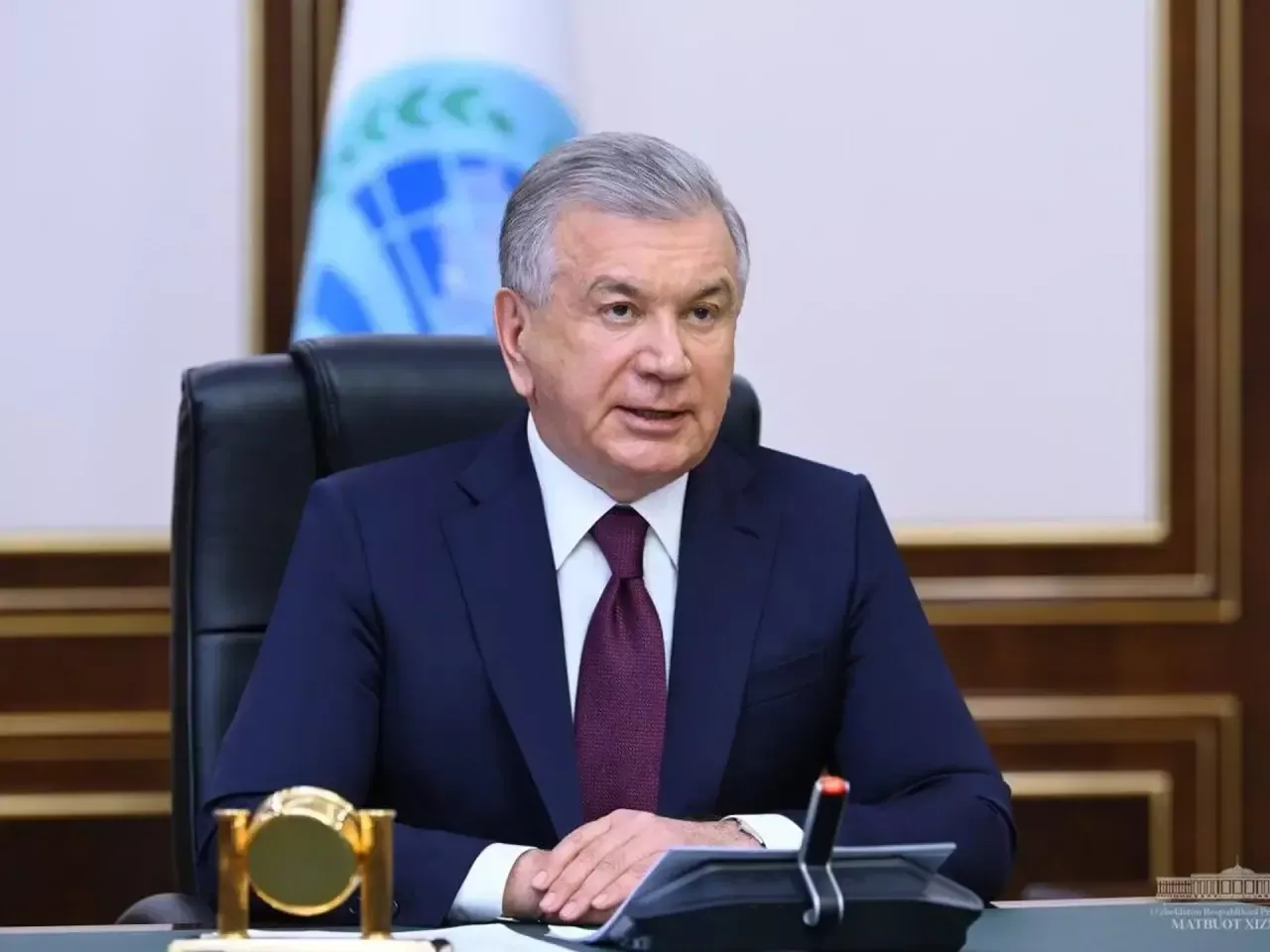
On September 5, President Shavkat Mirziyoyev reviewed a presentation dedicated to the ongoing work and future plans for expanding public services in the justice system. This was reported by Zamin.uz.
Over the past eight years, nearly seventy laws and decrees have been adopted to introduce a new management approach in the justice sector. During this period, the system has been brought closer to the population and more than twenty new authorities have been granted to expand the scope of public services.
More than two hundred Public Service Centers have been established across the country. Currently, over five hundred public services are provided quickly and conveniently based on the “one-stop shop” principle, whereas information that previously took hours or even days to obtain is now received within five to ten minutes.
Nevertheless, bureaucratic obstacles persist due to insufficient electronic cooperation between government agencies. Currently, more than two hundred public services are still performed in the old manner, especially in remote areas where the population's independent access to services is limited.
Therefore, the presentation discussed new proposals to further increase and simplify public services. According to the plans, the number of public services will reach nine hundred within the next three years.
Approximately sixty services per year will be simplified based on the “three-step” principle. It is planned to install one thousand one hundred interactive kiosks in crowded places and remote areas.
Additionally, the requirement for citizens to submit 30 types of documents will be abolished. For example, civil registry offices will no longer ask couples getting married for medical examination results, and defense departments will not request information about changes in the residence of those called up for military service; this information will be automatically obtained through information systems.
Currently, notaries provide more than 80 types of services, but only 11 percent of these are online services. The President emphasized creating convenience for citizens by accelerating digitalization processes.
Between 2025 and 2027, twenty notarial actions will be gradually transferred to an online format. Furthermore, the requirement to present original identity documents for notarial services will be abolished, and identification will be carried out using "FACE-ID" technology.
Reforms are also ongoing in the field of forensic expertise. The Republican Forensic Expertise Center named after Khadicha Sulaymonova provides 64 types of services, but half of such services are not available in the regions.
Therefore, the task was set to strengthen the material and technical base of regional forensic centers and increase the types of expertise from 15 to 25. Digital technologies will be widely introduced in forensic services, and document exchange between investigative and inquiry bodies will be fully transferred to electronic form.
Among the new services will be 3D modeling of accident scenes, video and photo equipment expertise. Proposals to expand non-governmental forensic expertise activities, allow independent case handling, and establish the Uzbekistan Chamber of Forensic Experts were approved.
At the same time, the importance of increasing the population's legal literacy was emphasized. For this purpose, information about new documents will be delivered to the public and entrepreneurs through targeted and electronic systems based on the “Smart Promotion” program.
An internet page called “Adliya TV” will be launched, where legislation will be explained in simple language. To ensure the quality and timely implementation of reforms, the initiative, responsibility, and authority of officials will be increased.
Therefore, ministries and agencies will be granted the authority to adopt departmental normative legal acts. This process will be simplified, and the time for reviewing documents will be halved.
At the end of the presentation, decrees and resolutions were signed to implement these proposals (source:


